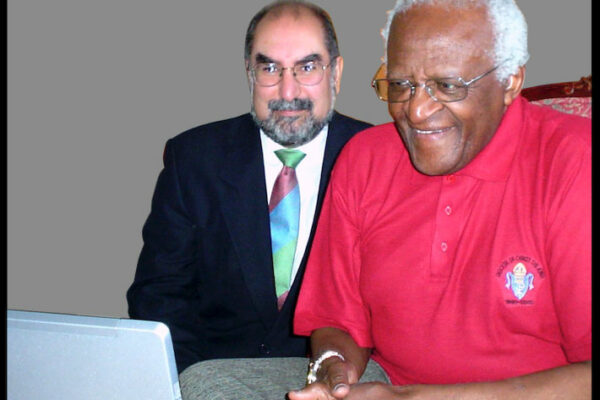Can A Fuzzy Definition Increase Social Justice?
We’ve just been through the United Nations-designated international days for cancer and zero tolerance for female genital mutilation. These are easy to understand because they target specific problems. On February 20 comes a day far trickier to define: World Day of Social Justice.
It’s almost impossible to pick a bigger basket of impenetrable human rights and issues. Perhaps a World Happiness Day would be fuzzier, although no less desirable. But without drilling down on social justice’s specific problems, it is too easy to avoid taking responsibility for solving them.
The UN, accurately, chooses to see social justice in economic terms. Issues like health, sustainability, religious and ethnic discrimination, political stability, gender equality and indigenous-peoples’ rights, among many others, all flow from economic equitability. But that stream is now heading into some very rocky rapids.
Virtually every major aid-donor organization has glued itself to the idea that development can only happen efficiently when donations are tied to results and accountability. No more free money, especially when experts-of-the-moment like Dambisa Moyo call it Dead Aid and claim to prove, with numbers, that it causes more harm than good.
Theoretically it makes sense: develop entrepreneurial meritocracies and watch the benefits trickle down. But when put into practice, the results are something else: a cash-flow reversal.
The economic gush-up effect in rich countries is nothing if not a warning sign, and an embarrassment. Ronald Wright’s A Short History of Progress and the documentary it inspired – Surviving Progress – are the only proof you’ll ever need to understand the diminishing social-justice returns of consumer-driven corporatism in “enlightened” societies. Why would the developing world be any different?
Almost two decades ago Indian journalist Palagunmi Sainath called the rich countries out on economic development’s hypocrisy, and his take is equally valid today. He called it a “strategy of evasion” in his book Everybody Loves a Good Drought; Stories from India’s Poorest Districts:
“When you can’t give people land reform, give them hybrid cows. When you can’t send children to school, try non-formal education. When you can’t provide basic health to people, talk of health insurance. Can’t give them jobs? Not to worry, just redefine the words “employment opportunities”. Don’t want to do away with using children as a form of slave labor? Never mind. Talk of “improving the conditions of child labor!” It sounds good. You can even make money out of it.”
It’s likely Sainath would have been equally frustrated when the UN names a day for social justice and then comes up with a fuzzy definition of “broad-based and sustained economic growth in the context of sustainable development …. necessary to sustain social development and social justice” He might well ask, “Well, what does that actually mean? How broad is broad-based? And sustainable for whom?”
There’s no mistaking the exact meaning of “zero tolerance for female genital mutilation.” The elements of social justice are too varied to be clumped together like incense vendors in Bangalore. Wouldn’t it be better to create international days for Guaranteeing That 50 Percent of Mobile Technology Profits Be Put Into Public Health Systems or for Half Of International Investment Must Be In Female Run Companies?
This may sound a bit baffling, but the case for increasing worldwide social justice is completely baffling. It needs a major shake of the head. Yet believing that equality of opportunity can emerge from entrepreneurialism is just another Bandaid on a bullet wound, a result of lazy and risk-averse methodologies.
Neither free money nor result-based investment brings more social justice because cash always flows to an existing and usually corrupt power structure. Short of violent revolutions, mankind never shifts resources from the rich to the poor. (This is certainly something that rich countries do not want.)
A resource shift, however it can be achieved, is the only way this world will see more social justice, as the United Nations hopes to define it. But without explaining exactly what resources need shifting, development is doomed to continue its cycle of impotence.



